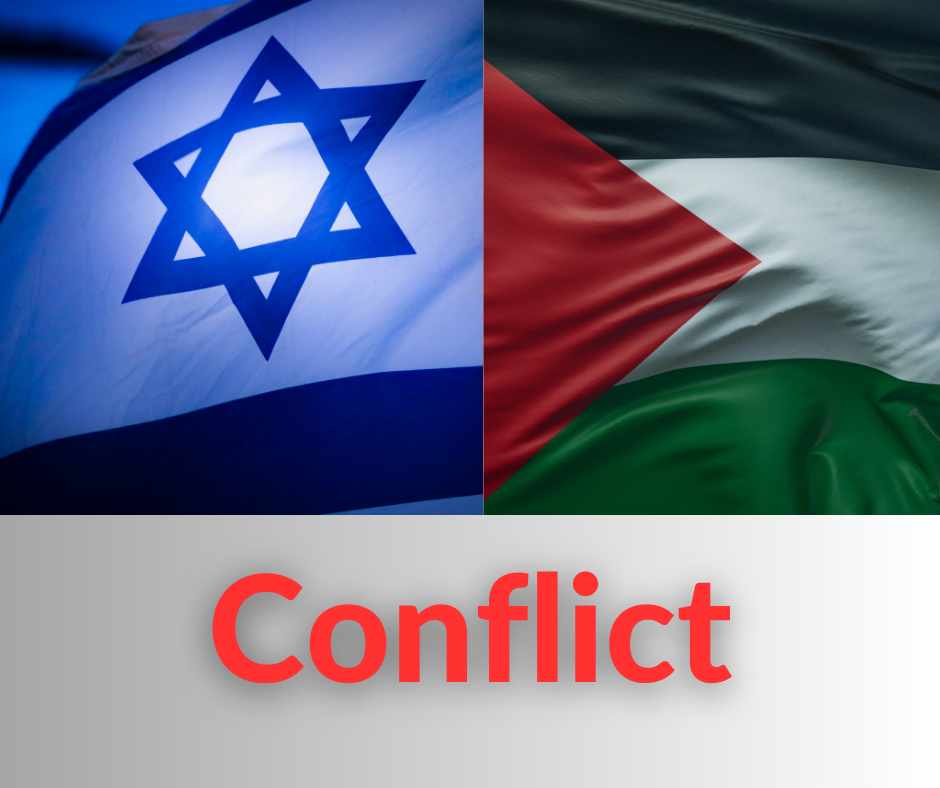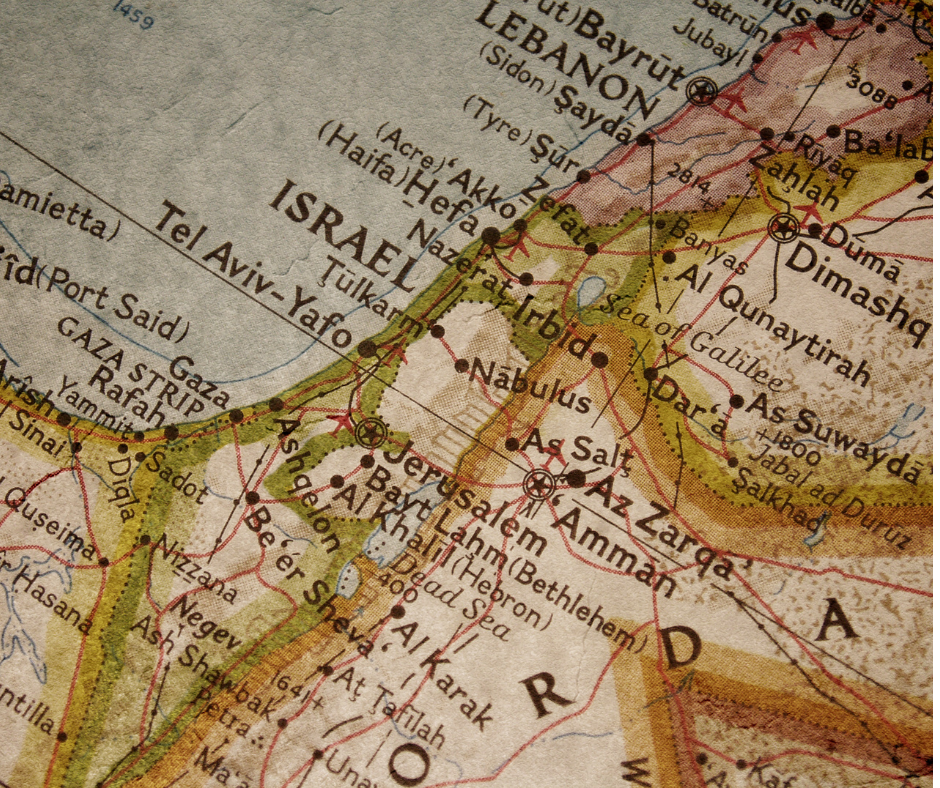Understanding the Israel-Palestine Conflict: A Complex History

The Israel-Palestine conflict is a long-standing and deeply complex dispute that has captured the world’s attention for decades. Rooted in a historical, religious, and geopolitical context, this conflict has led to ongoing tensions, violence, and suffering for both Israelis and Palestinians. In this blog post, we will delve into the history, key issues, and potential paths to peace in the Israel-Palestine conflict.
Historical Background
The origins of the Israel-Palestine conflict can be traced back to the late 19th century when Jewish migration to Palestine, then under Ottoman rule, began to increase. The Zionist movement, which aimed to establish a Jewish homeland, gained momentum during this period. After World War I, the League of Nations granted Britain the mandate to govern Palestine, and Jewish immigration continued, causing tensions with the Arab population.
1947 Partition Plan
In 1947, the United Nations proposed a partition plan to divide Palestine into separate Jewish and Arab states, with Jerusalem as an international city. While the Jewish leadership accepted the plan, Arab leaders rejected it, leading to the 1948 Arab-Israeli War. Israel declared independence in 1948, leading to the displacement of hundreds of thousands of Palestinians in the process.

The Six-Day War
The 1967 Six-Day War had a significant impact on the Israel-Palestine conflict. Israel’s victory led to the occupation of the West Bank, Gaza Strip, East Jerusalem, and the Golan Heights. This occupation continues to be a source of tension and conflict to this day, with Palestinians seeking statehood and the end of Israeli control.
Key Issues in the Conflict
1. Borders and Land: One of the central issues in the conflict is the dispute over borders and land. Palestinians seek a state in the West Bank and Gaza Strip, with East Jerusalem as their capital, based on pre-1967 borders. Israel, on the other hand, is concerned about its security and is reluctant to withdraw from all the occupied territories.
2. Refugees: The issue of Palestinian refugees and their right to return to their ancestral homes is a deeply emotional and contentious one. Many Palestinians and their descendants remain displaced, hoping for a return to their land, while Israel argues that such a return would threaten its Jewish majority.

3. Jerusalem: Both Israelis and Palestinians claim Jerusalem as their capital. The status of Jerusalem is a highly sensitive issue, and its final status remains one of the main stumbling blocks in peace negotiations.
4. Security Concerns: Israel has valid security concerns, given its history of conflict with neighbouring Arab states and ongoing tensions with Palestinian groups. Balancing security needs with the aspirations of Palestinians for self-determination is a significant challenge.
Paths to Peace
1. Negotiations: Diplomatic negotiations remain the most viable path to peace. International efforts, such as the Oslo Accords and the Quartet on the Middle East, have sought to facilitate talks between the two parties. However, progress has been slow and often marred by setbacks.
2. Two-State Solution: The two-state solution, with Israel and Palestine living side by side in peace and security, has been a widely supported framework for resolving the conflict. However, achieving this solution requires compromises from both sides, particularly on the issues of borders, refugees, and Jerusalem.
3. International Involvement: The international community, including the United States, the United Nations, and the European Union, plays a crucial role in mediating and supporting peace efforts. Continued international pressure and involvement are essential for progress.
Conclusion
The Israel-Palestine conflict is a deeply rooted and complex issue that has defied resolution for decades. The historical, religious, and geopolitical dimensions of the conflict make finding a solution challenging, but not impossible. It is crucial for both Israelis and Palestinians, as well as the international community, to continue working toward a just and lasting peace that respects the rights and aspirations of all parties involved. Only through dialogue, compromise, and a commitment to peace can this decades-long conflict be resolved and a better future for all be achieved.